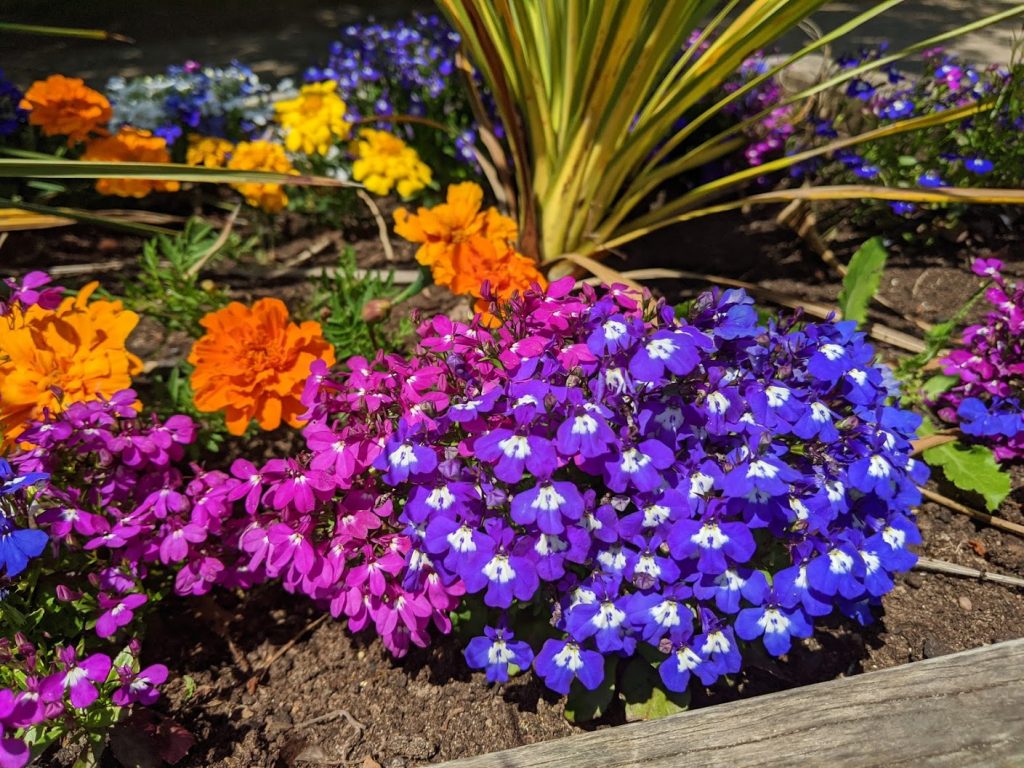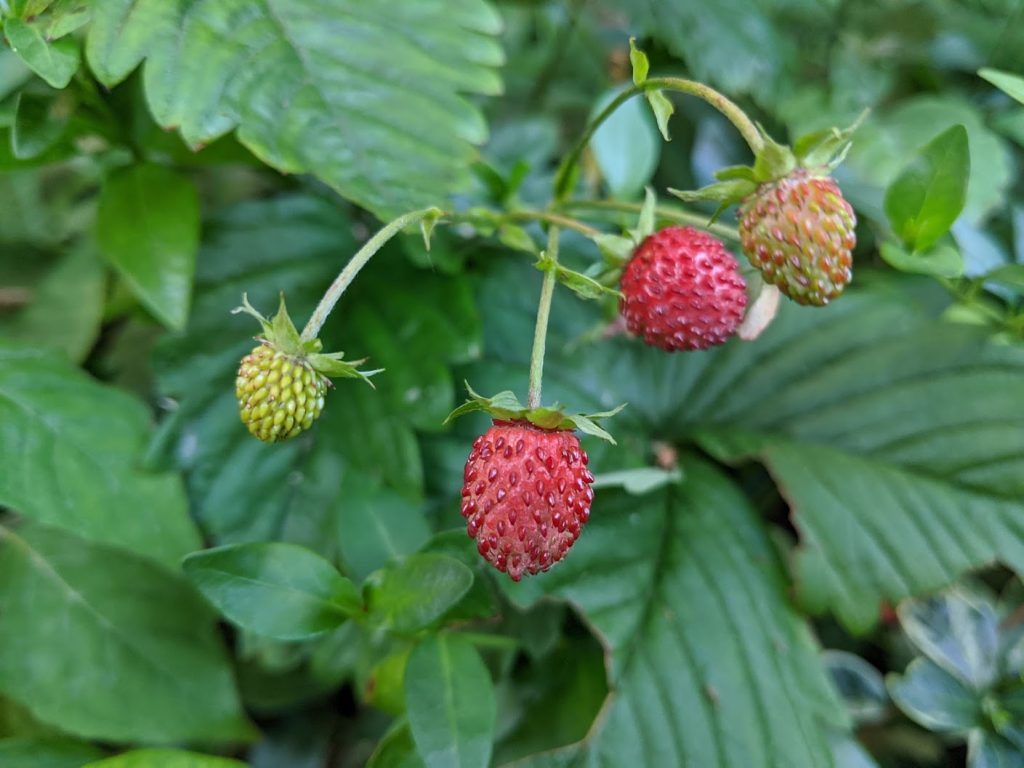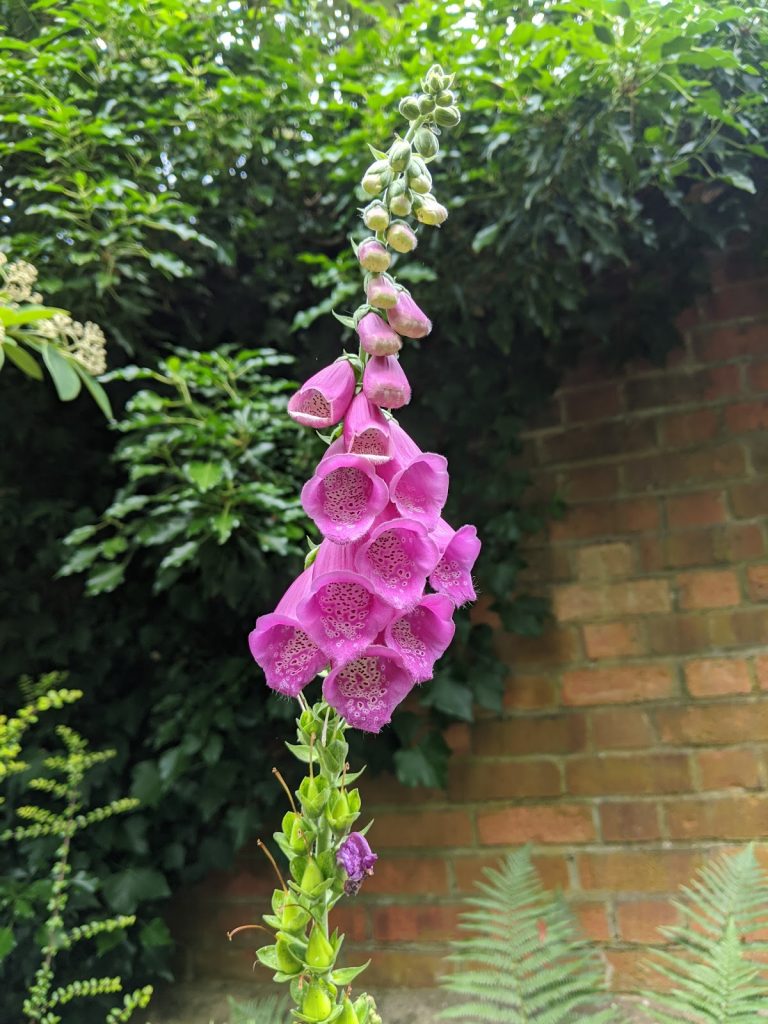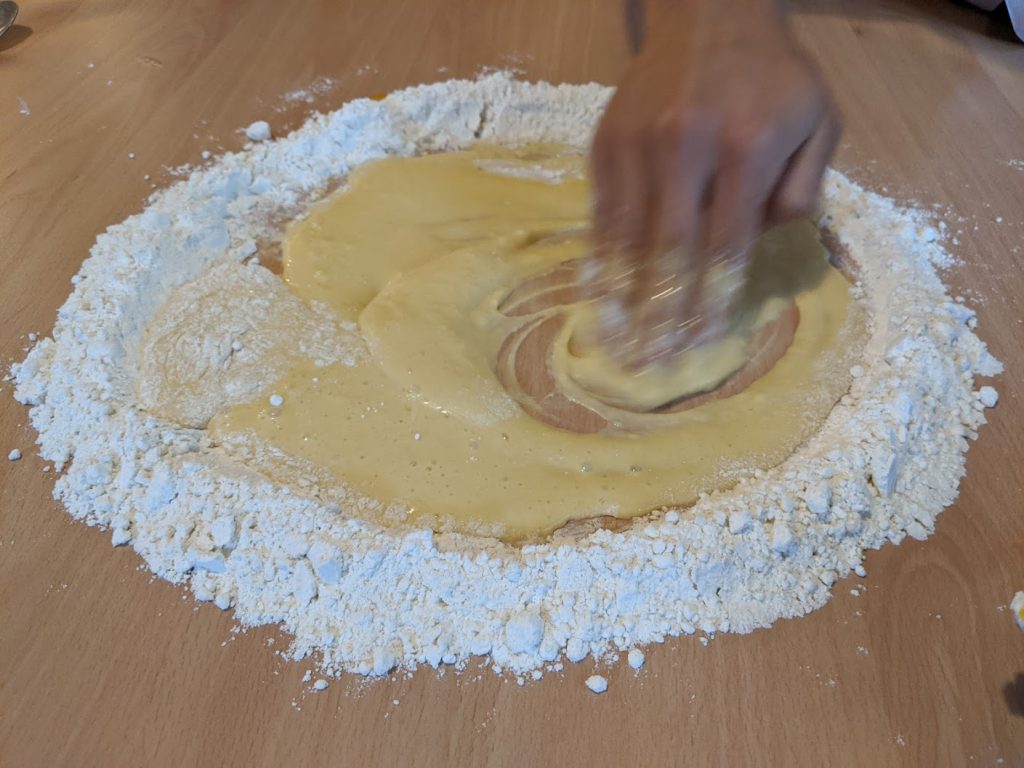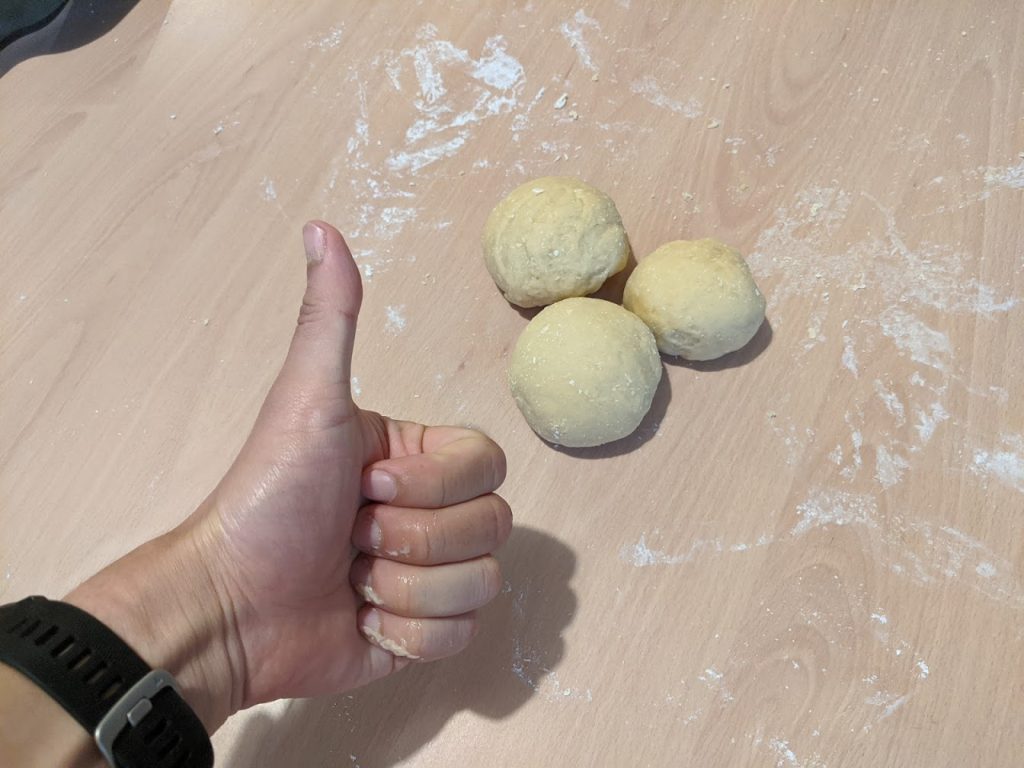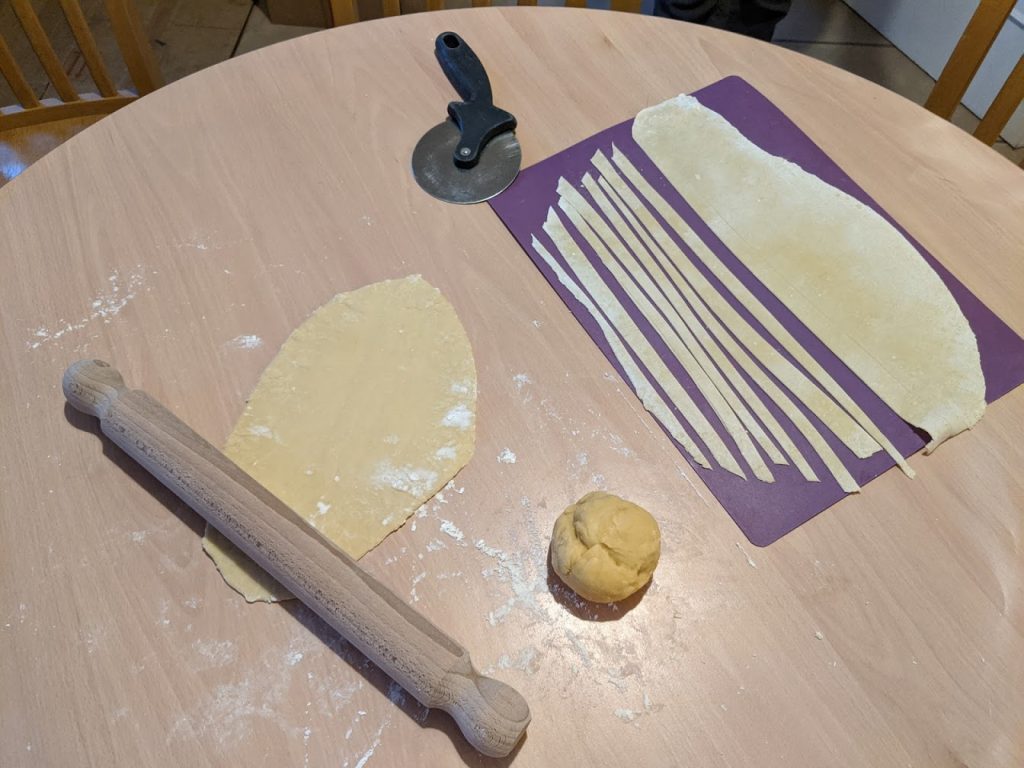The first half of 2020 is coming to an end, a time to assess progress on personal goals (or KPIs or OKRs). One personal goal was to write shorter weekly posts in favour of longer irregular posts. The 3 times I’ve succeeded in writing longer posts so far are A note on fear and death under the current pandemic, Lady Astronaut of Mars, and Productivity Update February 2020. I’ve been learning a little about funnels, and think that this might be a useful model for planning such posts in the future.
A side effect of science
As scientific research on SARS-CoV-2 is published, the general public is becoming more aware of preprint servers, redaction, and the messy side of science. I have not kept up with the deluge of publications, but a few friends have been asking for my opinion on some headlines. I shared the following observation:
As universities shut down, scientists saw the opportunity to return to doing research (which they enjoy) by studying SARS-CoV-2 in their field. Hypothetically, a group that studies kidney disease, might look into the effect of COVID-19 on the kidney. It’s improbable that a respiratory disease improves kidney function, so if an effect is observed it is probably detrimental. The likely result will be a publication linking SARS-CoV-2 and kidney deterioration. It may well be the case that common strains of corona-virus or influenza (or any illness) have a similar negative effect on the kidney that, under normal circumstances, would not be of a sufficient magnitude or interest to investigate. In this way, scientific publications and the resulting mainstream media headlines might cause undue alarm simply due to the unusual focus of the entire scientific community on a single disease.
By a similar mechanism to over-policing, intensive research focus can make a disease seem worse than similar, less investigated diseases. Be careful what you look for, you might actually find it.
Quote I’m Pondering
You cannot hope to build a better world without improving the individuals. To that end each of us must work for his own improvement, and at the same time share a general responsibility for all humanity, our particular duty being to aid those to whom we think we can be most useful.
Marie Curie
As a People Growth Engineer, my personal interest in self improvement is now linked to my professional responsibilities. ONI, through democratising life science research, is building a better world, but for us to achieve this we need to improve as a company, and therefore as individuals. Personal development and self improvement can feel selfish, but along with observing Curie’s duty “to aid those to whom we think we can be most useful”, individual improvements do lead to a better world for all.

